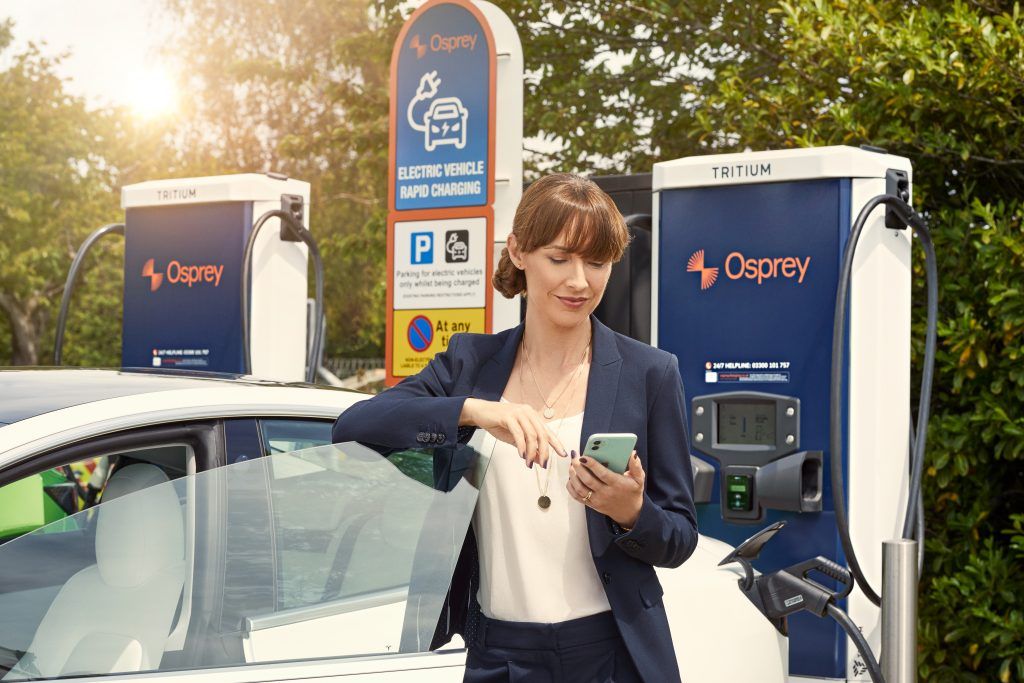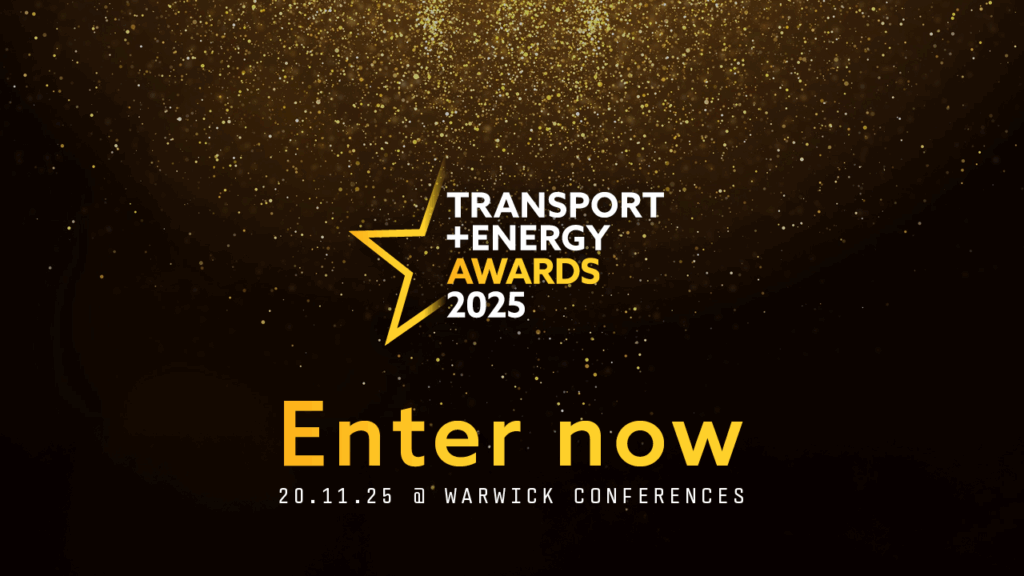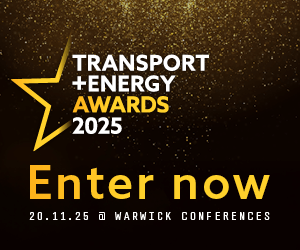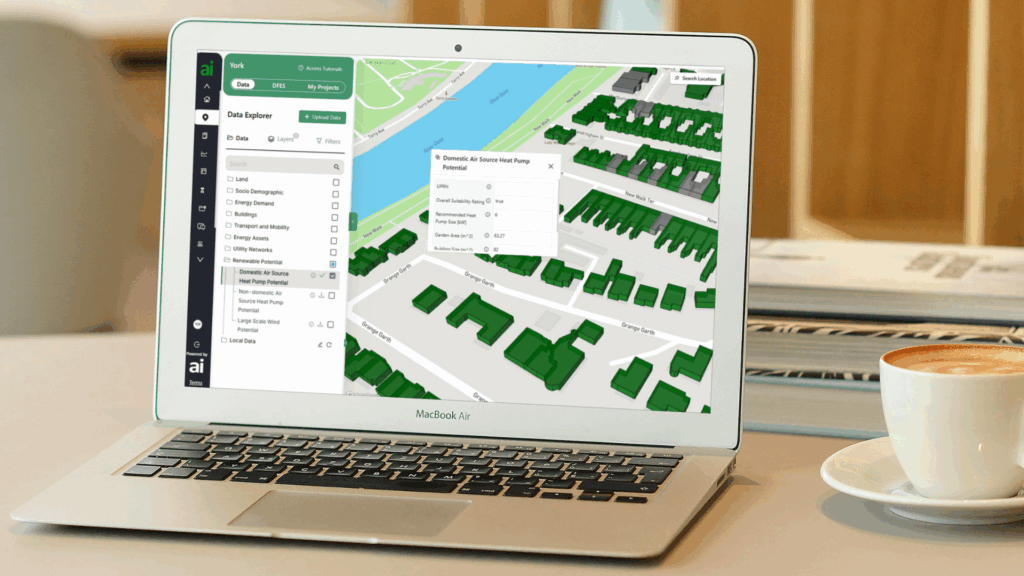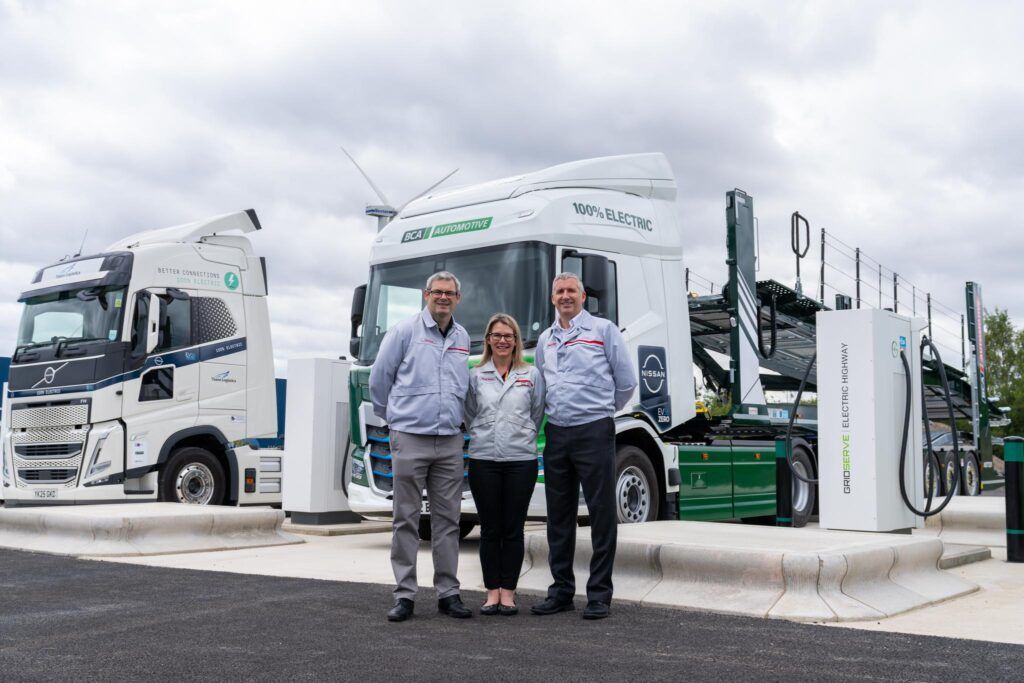Paua has partnered with Osprey Charging Network, extending the network of chargepoints that Paua’s electric car drivers can use on the Paua electric fuel card solution.
Osprey is one of the UK’s largest and fastest growing public networks of EV chargers. Their charge points range from 50 – 175kW and are supplied from 100% renewable energy, so drivers are supporting clean energy as well as clean transport.
Under the arrangement drivers can use the Paua electric fuel card solution to find, charge, and pay for EV charging, extending Paua’s ability to make EV charging simpler for fleets. All costs are centrally billed enabling the fleet manager to control public charging use.
This roaming partnership has been implemented through an innovative technical integration between [Paua’s platform] and Osprey’s own market-leading back-office. The partnership is the latest development in Osprey’s strategy to be at the forefront of roaming in the UK.
Osprey has been voted as one of the the UK’s most popular EV charging network by drivers of electric vehicles, in both the Zap-Map and WhatCar customer satisfaction surveys.
Business fleet drivers using the Paua electric fuel card solution will be able to access over 250 nationwide chargepoints operated by Osprey, enabling fleets to expand beyond their depots with increasing confidence.
Ian Johnston from Osprey, said: “Paua and Osprey are aligned in our view that we need to simplify EV charging, and particularly for fleets. Paua’s electric fuel card solution is a pioneering approach to keeping invoicing and costs simple for fleets. We look forward to working with Paua delivering more decarbonised transport and cleaner air for the UK.”
Paua Managing Director, Niall Riddell, said: “We are delighted to be working with Osprey as we share a common ethos of collaboration and decarbonisation. By working together we can make it simpler for EV fleets to access public charging with our electric fuel card solution.”
As the UK ramps up its transition to EVs – accelerated by the Government’s 2030 ban on the sale of new diesel and petrol cars and vans – one of the biggest challenges’ motorists will face is being able to charge their vehicles where and when they need to.
Although charging infrastructure is being rapidly built across the country’s major road networks, and at-home solutions are becoming cheaper and more effective, there are still several gaps where there is an urgent need for accelerated EV charging deployment.
These include high-usage high-footfall locations like workplaces, public places, car parks, business premises and residential areas where people don’t have access to their own garages or driveways.
Paua is a provider of business electric fuel cards. Drivers can use the mobile app to find, charge and pay and bills are centralised to the fleet manager removing several problems normally associated with public charging business vehicles.
Support from the Department for Transport has seen Paua develop the ability to enable plug & charge for all chargepoints which could become a market leading technology solution.
Image: courtesy Osprey




